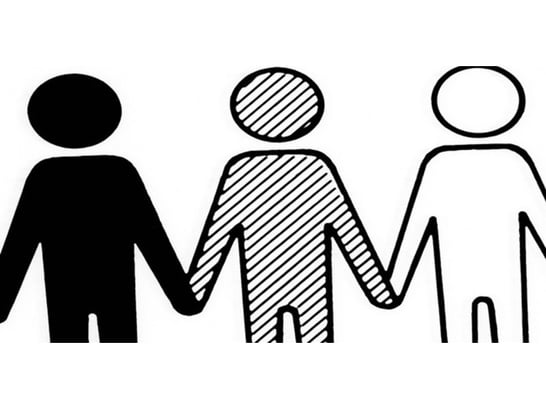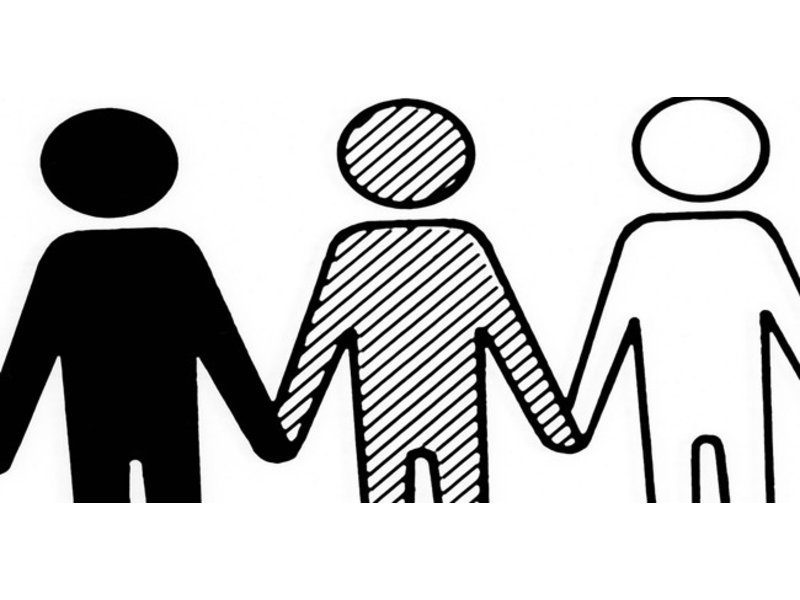 Though discrimination exists in many forms, racial discrimination brings a unique set of implications that threaten the mental and physical health of patients and acts as a barrier to seeking care from medical professionals. Eliminating racism, therefore, is not just a concern for civil rights activists, but also for medical professionals.
Though discrimination exists in many forms, racial discrimination brings a unique set of implications that threaten the mental and physical health of patients and acts as a barrier to seeking care from medical professionals. Eliminating racism, therefore, is not just a concern for civil rights activists, but also for medical professionals.
Whether it’s the mere anticipation of discrimination, or violence as a manifestation of prejudice, racism has negative impacts on the mental and physical health of its victims, including “increased stress, depression, high blood pressure, cardiovascular disease, breast cancer, and mortality.” A study in the American Journal of Public Health found that perceived discrimination influences lifestyle decisions like overeating, internalizing aggression, and developing poor coping strategies that impact long-term health.
These lifestyle choices are part of a vicious cycle that can be influenced by social determinants of health, which are “conditions in one's environment — where people are born, live, work, learn, play, and worship — that have a huge impact on how healthy certain individuals and communities are or are not,” according to Healthy People 2020.
One study found that racism experienced by minority communities increased vulnerabilities to social and environmental factors that contribute to health, like access to health care and income level. The National Association of Social Workers found that these social determinants of health also include “poor health and health services, inadequate mental health services, low wages, high unemployment and underemployment, overrepresentation in prior populations, substandard housing, high school dropout rates, decreased access to higher education opportunities and other institutional maladies.”
In addition to affecting long-term health, social determinants can be barriers in seeking quality health care, and can lead to poorer outcomes after treatment. Many minorities cite racial discrimination as a primary barrier to seeking health care — particularly treatment for mental health issues. In a survey of adults who experienced an unmet need for mental health treatment in the past year, respondents across all racial group cited discrimination as a primary barrier to seeking treatment. Nearly a quarter of respondents said they anticipated negative stigmas surrounding treatment to impact relationships and employment circumstances.
As key resources in patients’ access to quality primary care, health care professionals, like Family Nurse Practitioners, must understand these implications of racial discrimination among other social determinants, and mitigate harmful, pervasive effects through opportunities like these:
- Advocating for awareness: Nurses, as they interact with patients closely and regularly, can be advocates for patient needs, as they help identify key social determinants that leave patients vulnerable to the systemic racism. Public health advocates can also reach out to minority communities to help them understand the importance of physical and mental health.
- Treating mental health as primary health: Integrating behavioral health care screening and treatment can help patients make better use of clinic visits and resources they might not otherwise be able to access. This increased access can reduce health disparities and increase effectiveness of treatment.
- Promoting cultural competency: A diverse nursing staff can improve cultural competency — being conscious of social and cultural differences — and increase quality of care to underserved groups. By valuing diversity, nurses and other health professionals can take pivotal steps in ensuring access to care for an increasingly diverse patient population.
An integrated approach to mitigating discrimination can address both the causes and effects of its impact on accessing quality care. This means nurses should work together with other health practitioners, social workers and educators to understand and identify at-risk patients and appropriate strategies. Above all else, the goal is to help patients feel safe, understood and heard when seeking health care or treatment.






